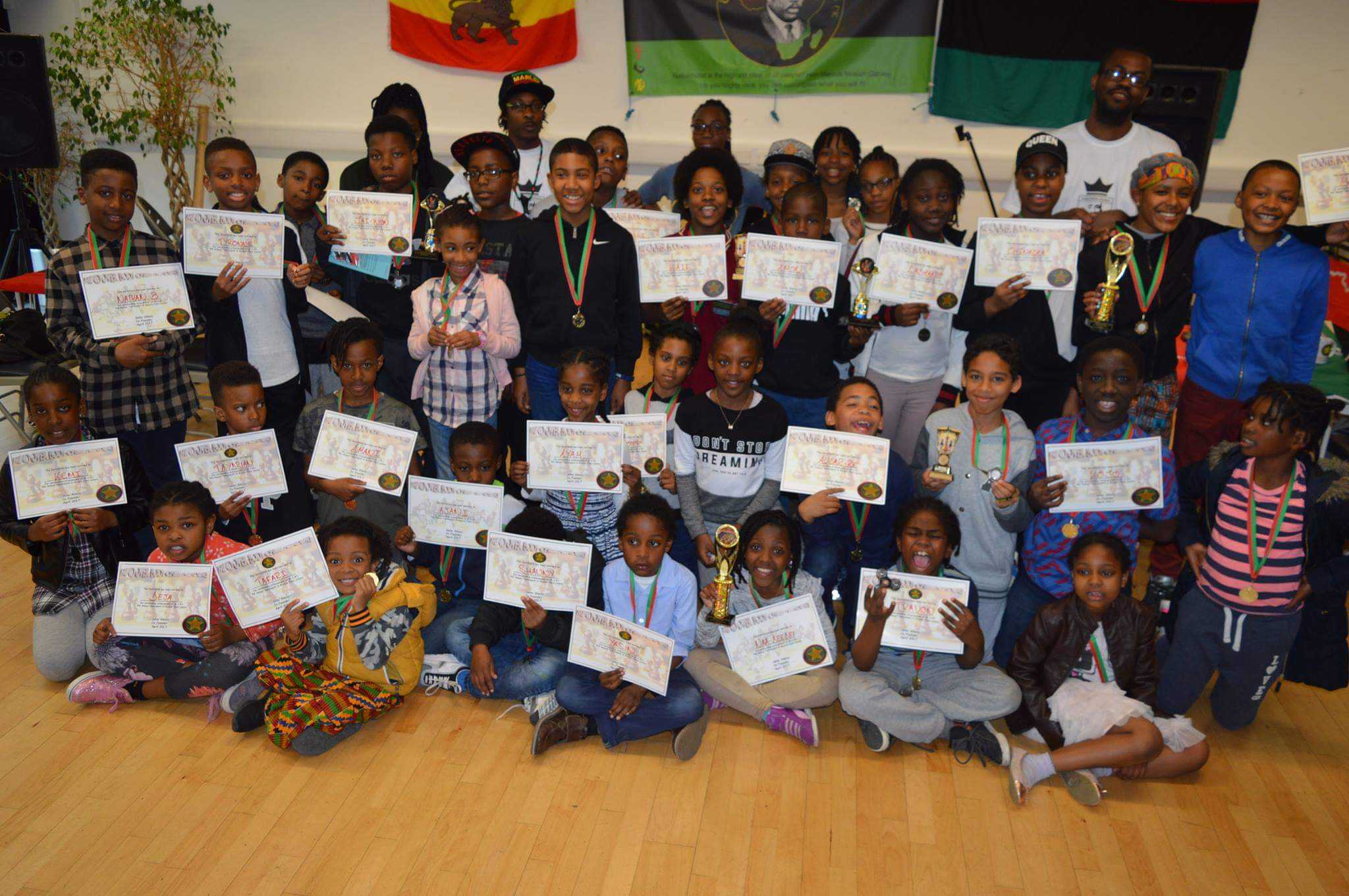on
BY DAVID MYLES
In places such as North America and the United Kingdom, there has been an increased curiosity of how cognitively challenging games have an impact on young people’s cognitive development and the role this can potentially play in terms of one’s educational attainment.
Research from 2015 by Patrick Fraser et al and published in Frontiers in Psychology (6:1056. Doi) suggests that challenging board games and even digital games enhance a young person’s cognitive process in the form of reasoning and spatial competence, visual perception, executive control, and working memory. The study was reminiscent in its findings to a paper published one year earlier. The study entitled ‘Positive association of video game playing with left frontal cortical thickness in adolescents’ by Simone Kuhn et la claims that video games such as Super Mario 64 and board games akin to chess can have the power to alter the mechanisms of grey matter within specific areas of the brain.
Within the global north, dominant hegemonic discourses imagine black children playing chess as an anomaly to the point that only last year a governor of the south-eastern state of Kentucky, Matt Bevin was shocked to witness black children playing chess on a visit to the West Louisville Chess Club. Despite stories such as the 8-year old Nigerian refugee Tanitoluwa Adewumi who only several months ago won the New York State chess championship for his age group and remarkably won without losing a single game, chess is still depicted as not an activity black children participant in.
I caught up with Seba (an ancient Kemetian African word for teacher) Amosu. Seba Amosu runs the chess club, Mind Over Body Chess Academy with his colleague Asante who it turns out taught Amosu to play chess in 2007. One year later, a seed was planted when Asante expressed a desire to establish a chess academy. After moving back to his home city Birmingham, Asante founded Mind Over Body Chess Academy in September 2013 and then Amosu began teaching chess in December of that year within London. ‘’Initially, I started with just three children and did not even have a venue. I just ran it at my Mum’s house on a Sunday which then evolved to me having six children playing chess at my own flat until I settled and continued the chess club in a library in February 2016’’.
Amosu explains the motivation behind the chess academy: ‘’We just wanted to do something with black children. We wanted to come with something fresh, something new that I feel wasn’t really at the forefront within the black community, especially amongst black children. We wanted to find a way that we could bring black children together from different parts of the UK’’.
Amosu worked as a Seba for 10 years at a popular foundation (typically called Supplementary) school, The Nubia Afrikan Community Foundation School in South London where he was a former student in 1992 when the school was first established. ‘’A lot of my grounding in African culture came from that school and from my mum also. That was my foundation, but in terms of wanting to do something with chess; for me and Asante chess was a regular game that we used to play. We wanted to do something with children that they could enjoy and we could find a way to introduce African culture to them’’.
Mind Over Body Chess Academy held their first annual tournament in April 2014 and have continued running their annual tournament since this date. Children from Birmingham and London are able to play against each other during these tournaments.
When I asked Amosu about the participation rate of black children engaging with chess across the diaspora, he mentioned his visit to The United States in 2013 and seeing very few black children playing chess. Though I am sure the low numbers were not enough to warrant the kind of remarks that are routinely espoused in mass culture. He was also quick to point out that since 2014, chess has grown in popularity amongst black children. The central reason for Amosu’s interest in engaging children with chess, is the strategies and thinking ahead that is involved.
‘’A lot of times, we hear people in the community talk about our children killing each other, but there hasn’t been a concrete solution to solving this problem. I use chess because it allows the children to think ahead and to see the problem way ahead of time and to find a way to ether solve the problem or avoid it all together. These problem-solving skills can and has helped out the children in their own lives’’.
The late great psychologist Dr Amos Wilson stressed the importance of holistic education, so whilst academic performance may be enhanced through chess, the sense of ones self-hood is equally important. Mind Over Body Chess Academy appears to encapsulate this importance, particularly in their tournaments as Amosu explains: ‘’One of the things you will see in the final chess game of our tournaments is the red, black and green flag, accompanied by a chess board shaped like the continent of Africa. This is to give the children and the spectator the lens of which we want our people to reach and cherish, which is our motherland Africa’’.
Mind Over Body Chess Academy classes are held in London and Birmingham:
London:
Facilitator: Seba Amosu
Saturdays 15:00 – 16:00 @
Mama Afrika Kulcha Shap,
282, High Road, Leyton,
E10 5PW
Sundays 13:00 – 15:00 @
Clapham Library,
Mary Seacole Centre,
91 Clapham High Street
SW4 7DB
Birmingham
Facilitator: Chess Tutor Asante
Wednesdays 16:00 – 17:30 @
Malika House (Children only)
81 George Street,
Lozells, B19 1NS
Email: mobchess@yahoo.com
Instagram: mindoverbodychessacademy
Facebook: Mind Over Body Chess Academy or Amosu Awoyemi
Stay in the loop with exclusive news, stories, and insights—delivered straight to your inbox. No fluff, just real content that matters. Sign up today!













